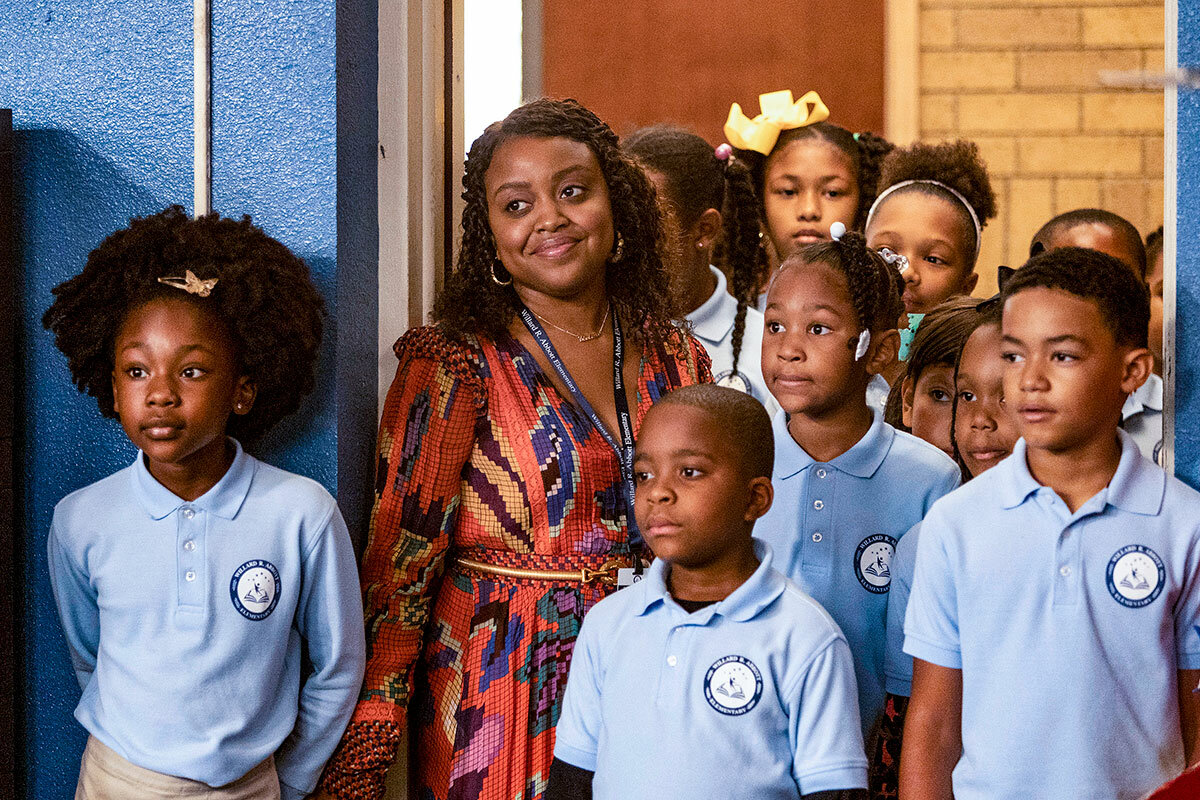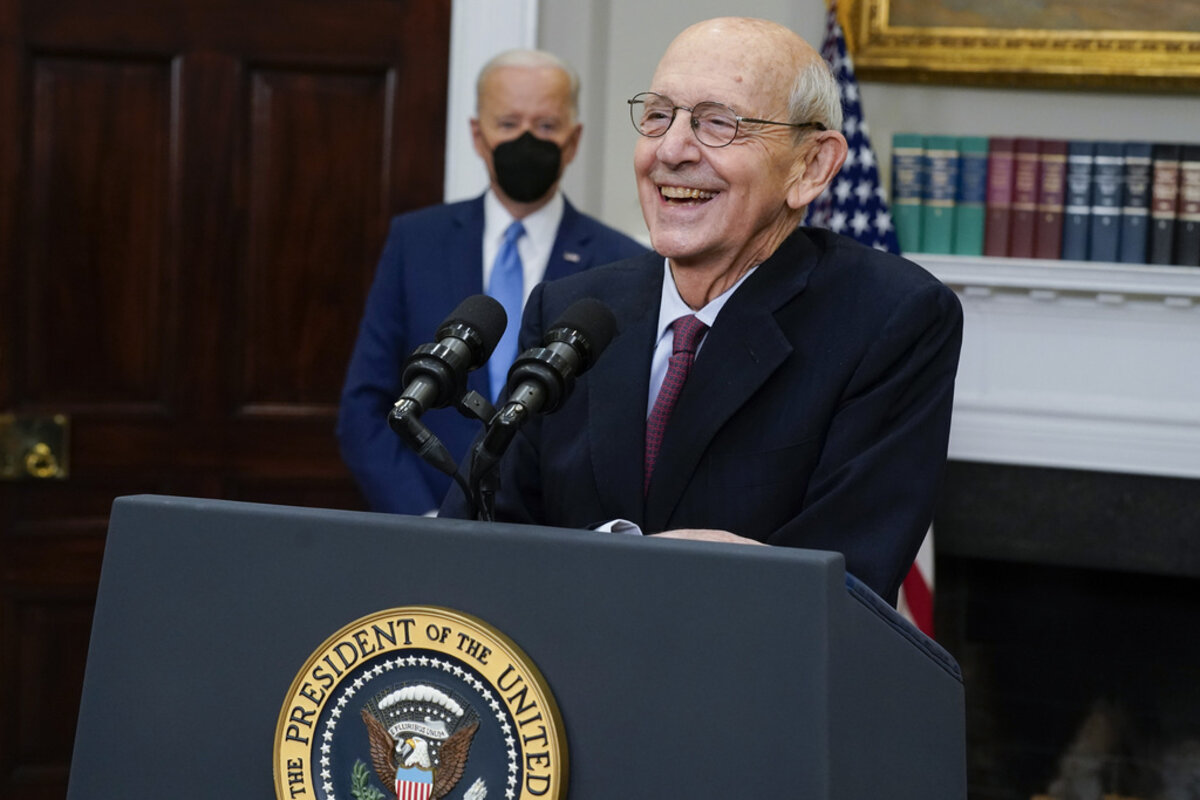How do the Taliban’s foes still trapped in Afghanistan survive? Our reporter spoke to Afghans living in sheltered anonymity, protecting their physical selves, and the people they once were.
Monitor Daily Podcast
- Follow us:
- Apple Podcasts
- Spotify
- RSS Feed
- Download
 April Austin
April Austin
What is lost when a school board decides to exclude a book from the curriculum?
The decision of the McMinn County School Board in Tennessee to remove Art Spiegelman’s graphic novel “Maus” from its eighth grade curriculum roused a storm of criticism.
The groundbreaking work tells the true story of Mr. Spiegelman’s father’s struggle to survive the Holocaust, and the effects on his family later. It remains the only graphic novel to win the Pulitzer Prize.
In Tennessee, people are coming together to oppose the ban and get the book into more hands. In McMinn County, a church is hosting a “Maus” book discussion. Fifteen miles away in Knoxville, comic store owner Richard Davis launched a GoFundMe campaign to buy copies of “Maus” and give them to students. Heather Green, who teaches high school English in Knoxville, is supplying a parents’ reading guide to accompany the free books.
Ms. Green, who taught “Maus” for six years, says in a phone interview that what would be lost to students is an “accessible Holocaust story,” and one that demonstrates how trauma persists into the present day. “What I value most about ‘Maus’ is ... it shows that people don’t just walk out of a concentration camp and go back to living their lives,” she says.
Ms. Green argues that students are capable of handling more mature books than their parents may realize. Students in her school are already experiencing adversity, from domestic violence to food scarcity. “They need the safe space of a classroom to process difficult topics,” she says.
Last May, Tennessee’s governor signed a law that would withhold funds from schools that teach concepts that the Republican-led legislature says are part of critical race theory, or that cause students “discomfort, guilt, anguish.” Ms. Green says the new law has had a chilling effect. “We have been told to teach the new curriculum with 100% fidelity to avoid any parent complaints or lawsuits,” she says.
But she remains convinced that teachers can help parents see the value of difficult books. “When we partner with parents and help them also become an educator for their child, the child has an exponential potential to grow as a reader – and as a person.”










